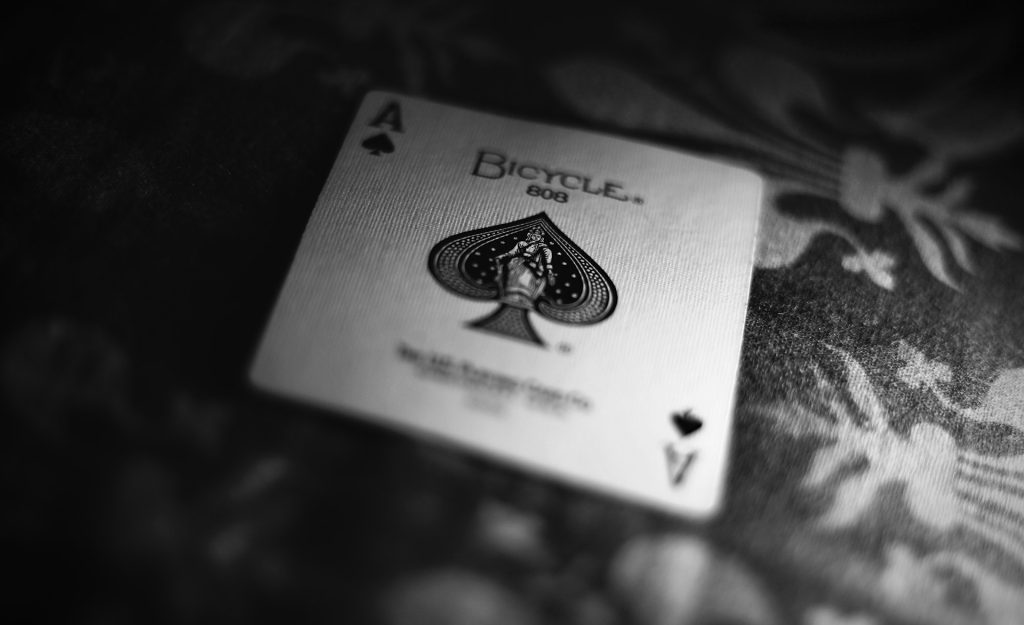In the realm of casino games, blackjack holds a special place for its blend of strategy, luck, and anticipation. Central to the game’s intrigue is the value of the Ace. While its flexibility can be both a boon and a bane for players, understanding its worth is crucial for navigating the tables with confidence. Let’s delve into the world of blackjack and uncover just how much an Ace is truly worth.
The Ace’s Dual Nature:
The Ace is a unique card in blackjack, capable of being valued at either 1 or 11, depending on the player’s hand. This duality makes it a cornerstone of strategic decision-making at the table. Unlike other cards with fixed values, the Ace offers players a degree of adaptability that can tip the scales in their favor.
Blackjack Basics:
Blackjack, a beloved card game in casinos worldwide, revolves around a simple yet captivating objective: reach a hand total close to 21 without surpassing it. Players face off against the dealer, each striving to outmaneuver the other without falling victim to the dreaded bust. The game’s allure lies in its blend of strategy and chance, requiring players to make calculated decisions under pressure. Understanding the fundamentals is crucial: knowing when to hit, stand, double down, or split can make all the difference between a triumphant win and a disappointing loss. As players delve deeper into the intricacies of blackjack, they’ll discover that mastering these basics lays the groundwork for success at the table. So, before diving into the nuances of the Ace’s value, let’s ensure we have a solid grasp of the game’s core principles.
The Power of the Ace:
The Ace in blackjack is akin to a chameleon, capable of seamlessly adapting to various scenarios on the table. Its dual nature provides players with a strategic advantage, allowing them to tailor their hands to the ever-changing dynamics of the game. Whether it’s forming a solid foundation for a soft hand or bolstering a hard hand’s potential, the Ace’s versatility is unmatched. Consider a scenario where an Ace is paired with a 6; this combination can yield either a modest total of 7 or a formidable 17, depending on the player’s discretion. This flexibility empowers players to make informed decisions, whether it involves hitting, standing, or doubling down, ultimately shaping their path to victory in the thrilling game of blackjack.
Soft Hands vs. Hard Hands:
In the realm of blackjack strategy, distinguishing between soft hands and hard hands is fundamental. Soft hands, featuring an Ace that can be valued at 11 without exceeding 21, offer players flexibility and room for maneuver. For instance, an Ace paired with a 6 constitutes a soft 17, providing players with the option to hit without the fear of busting. Conversely, hard hands lack this flexibility, either due to the absence of an Ace or because the Ace must be valued at 1 to avoid busting. This distinction shapes players’ decision-making processes, guiding their choices in hitting, standing, or doubling down. Understanding the nuances between soft and hard hands is essential for blackjack success, enabling players to navigate the game with confidence and strategic acumen.
Maximizing Advantage:
Understanding when to treat the Ace as 1 or 11 is key to maximizing advantage in blackjack. Generally, players should aim to have a soft hand when possible, as it affords greater flexibility and reduces the risk of busting. Conversely, in situations where a hard hand is unavoidable, players must carefully navigate their decisions to avoid going over 21.
Dealer’s Upcard Influence:
The value of the Ace can also be influenced by the dealer’s upcard. For instance, if the dealer shows a weak upcard like 4, 5, or 6, players may opt to play more aggressively, knowing that the dealer is at a disadvantage. In contrast, if the dealer reveals a strong upcard like 10 or face card, players may choose to play more conservatively to minimize risk.
The Myth of Insurance:
One common misconception among blackjack players is the concept of insurance, often offered when the dealer’s upcard is an Ace. Despite its allure, insurance is generally not recommended as it statistically favors the house over the long run. Savvy players understand that focusing on solid strategy and sound decision-making is the true key to success.
Practice Makes Perfect:
While understanding the value of the Ace is essential, mastering blackjack requires practice and experience. Online platforms and casino tutorials offer valuable opportunities for players to hone their skills and test different strategies in a risk-free environment.
In the intricate tapestry of blackjack strategy, the Ace stands as a symbol of adaptability and opportunity. Its ability to shift between 1 and 11 adds layers of complexity to the game, challenging players to make calculated decisions that can tip the odds in their favor. By understanding the nuances of the Ace’s value and incorporating sound strategy, players can elevate their blackjack experience from mere chance to calculated skill. So, the next time you’re at the blackjack table, remember the power of the Ace and wield it wisely.

